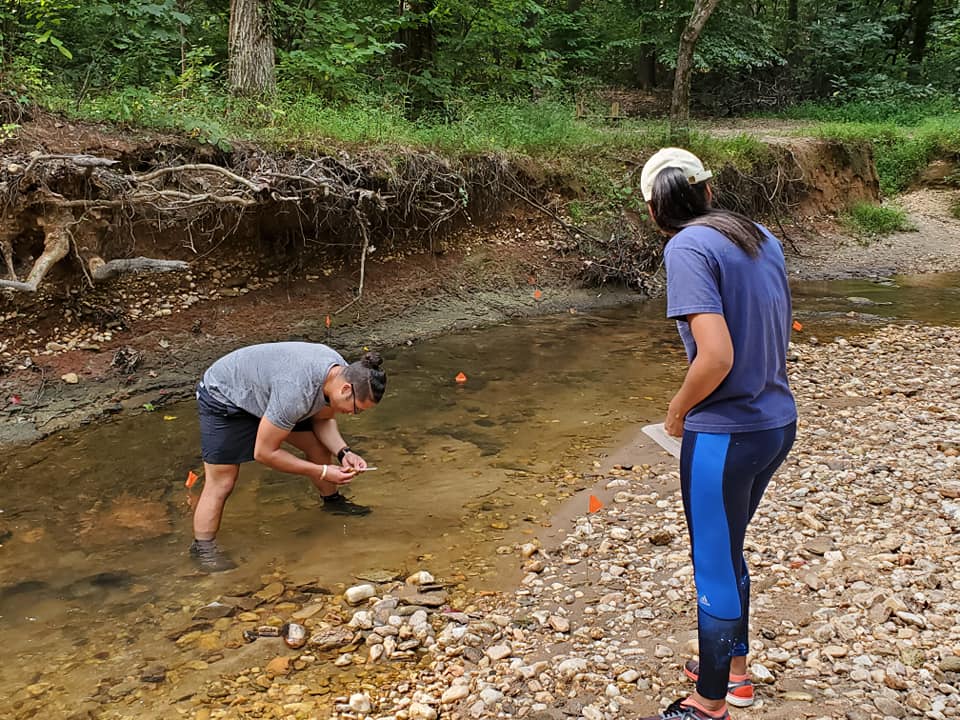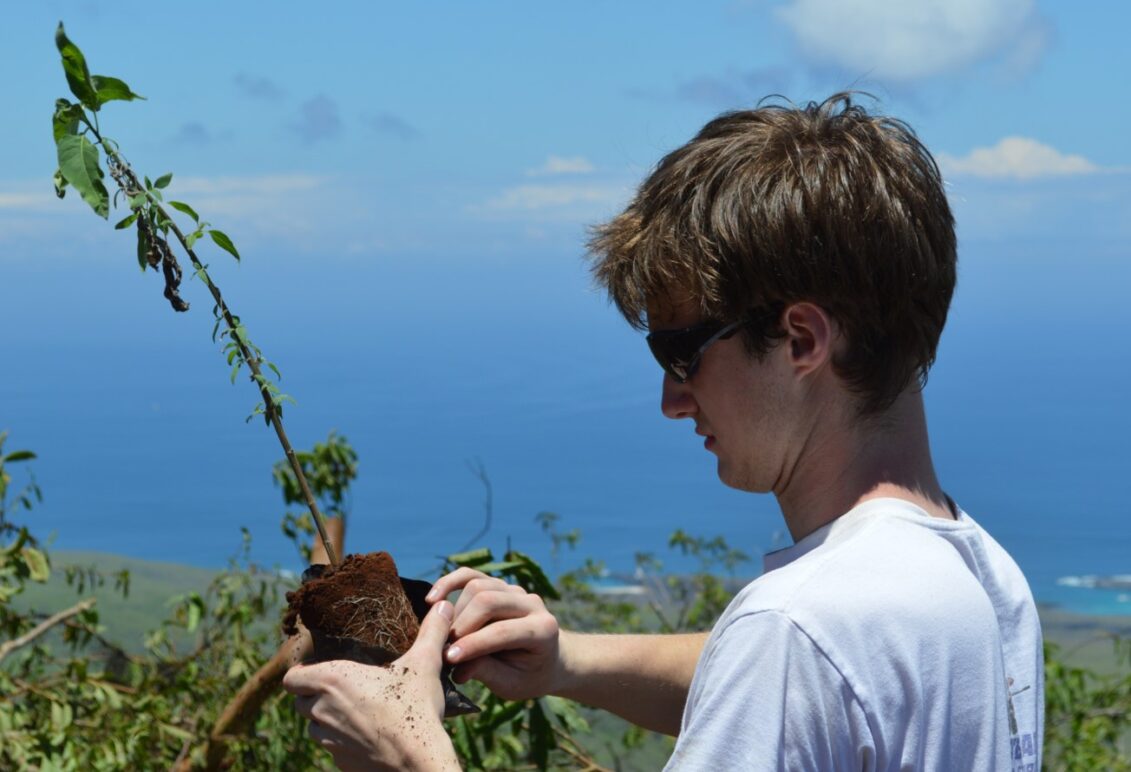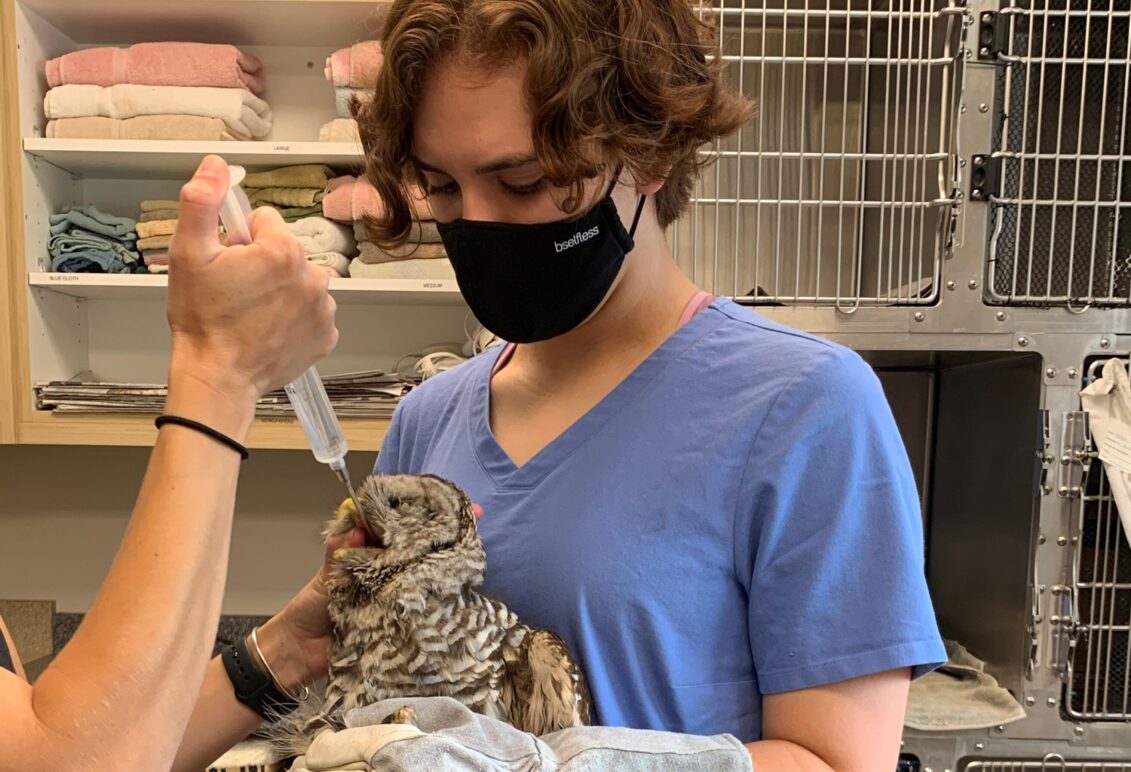Species are in trouble. Can you help?
Biological diversity is under stress, but committed, passionate scientists work every day to protect threatened species, restore native habitats, and manage fisheries and wildlife. Major in conservation biology at the University of Mary Washington, and you’ll approach problems across disciplines, with courses in biology, conservation, geography and GIS. An emphasis on research and experiential learning prepares you to make a difference right away.
Degree Awarded
Students majoring in conservation biology who complete all requirements earn the degree of Bachelor of Science (B.S.) in Biology.
Areas of Study
This major combines the strengths of biology, environmental science, and geography to prepare students for careers in conservation biology. Majors must complete core courses in ecology, biodiversity, genetics, research design, and biostatistics. They take one course in GIS and a non-science course addressing the ethical and political aspects of conservation.
Career Opportunities
The conservation biology track is designed for students interested in public or private-sector careers in fields such as endangered species protection and recovery, habitat conservation, conservation biology education, and fisheries and wildlife management. Additionally, it prepares students for graduate study in conservation biology, especially where graduate degrees are required for particular careers. Job opportunities are available with state and federal wildlife management agencies, local and international nongovernmental conservation organizations, and zoos and other captive breeding facilities for critically endangered species.
Internships
UMW anticipates a rich variety of internships for the new conservation biology major at such organizations as the Smithsonian Conservation Biology Institute, the Virginia Department of Game and Inland Fisheries, the United States Fish and Wildlife Service, and at Fredericksburg-area nonprofits such as Friends of the Rappahannock and the Chesapeake Bay Foundation.
Conservation biology majors are eligible to pursue the University Honors Program and the Biology Honors Program.
The conservation biology major requires 40 credits, including core foundational courses in conservation biology, biodiversity, ecology, genetics, research design, and geographic information science. Students may then choose from courses such as animal ecology, plant biology, vertebrate and invertebrate zoology, entomology, tropical ecology, biology of fishes, ornithology, conservation policy, and environmental ethics.
Conservation biology majors will be encouraged to apply for such scholarships as the Thyra Vedel Valade Conservation Leadership Scholarship.


